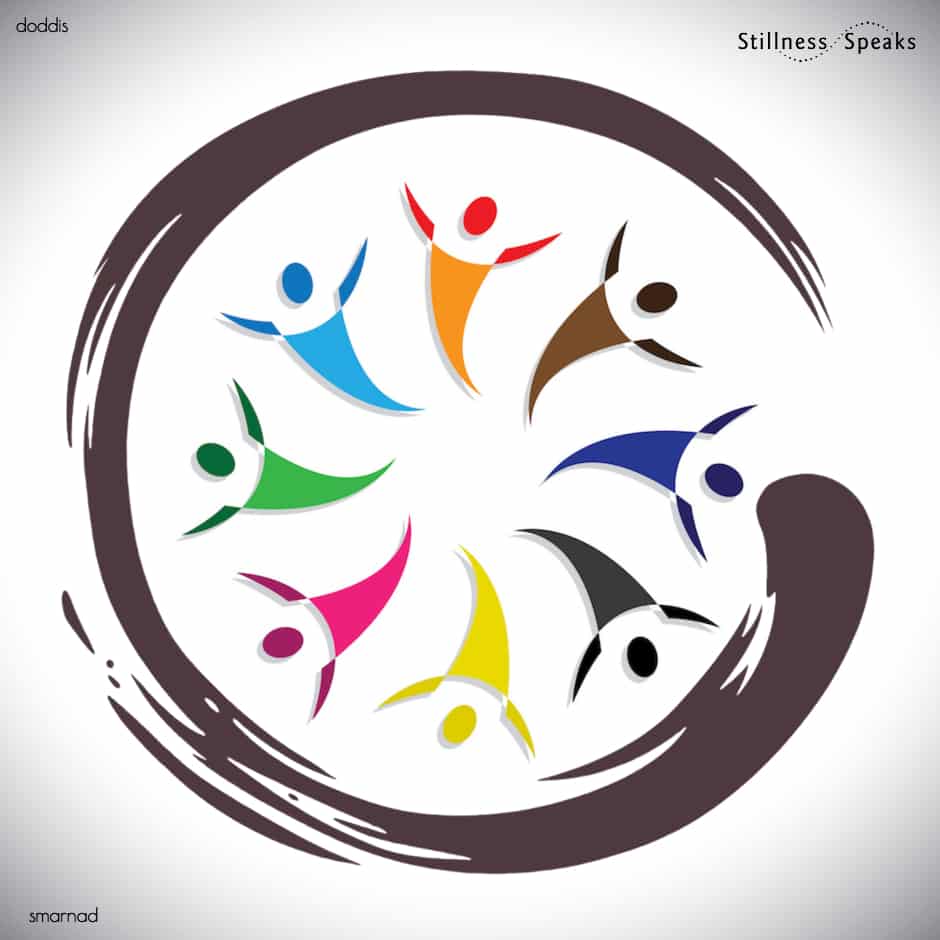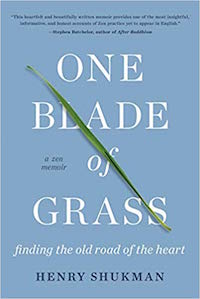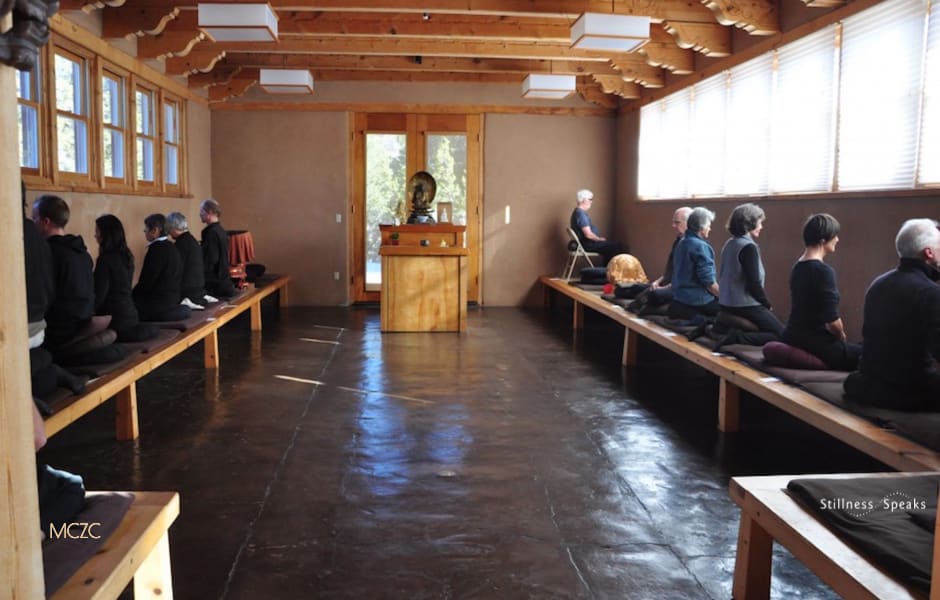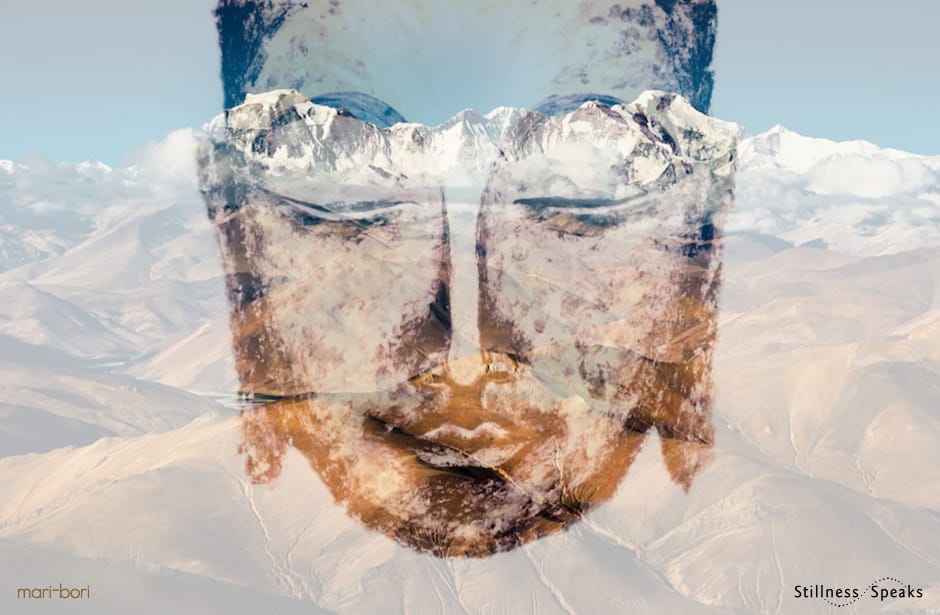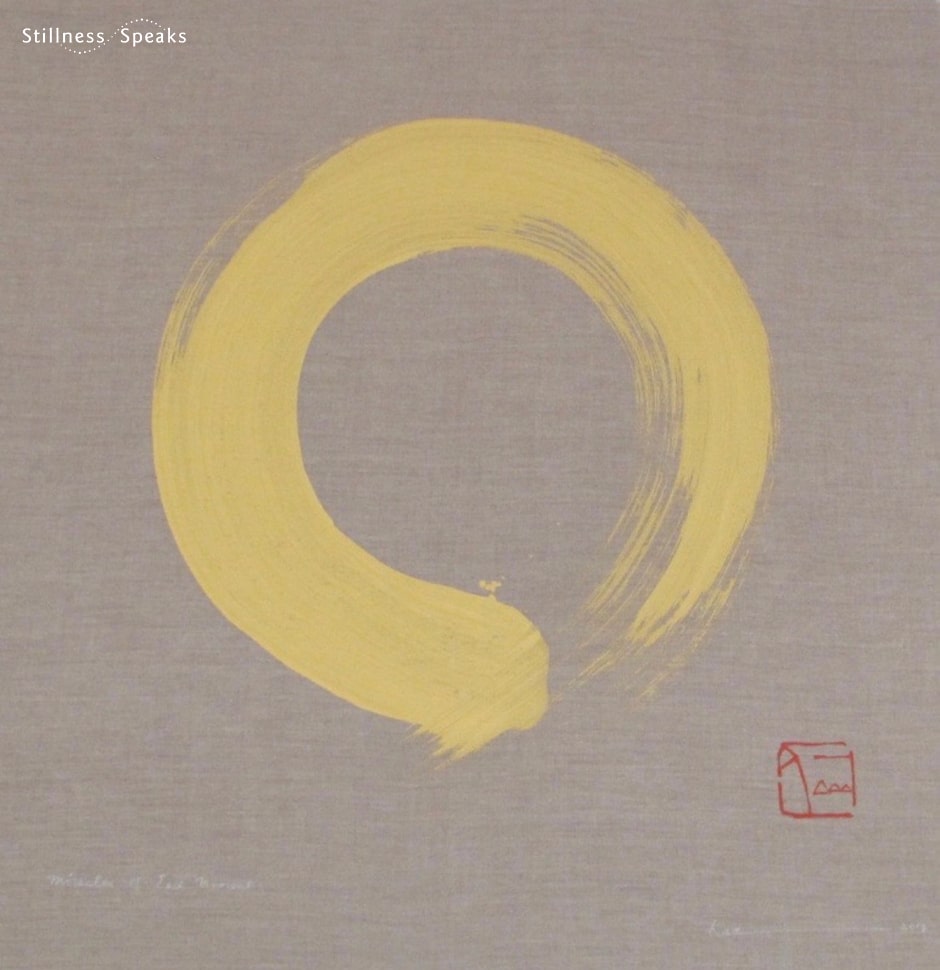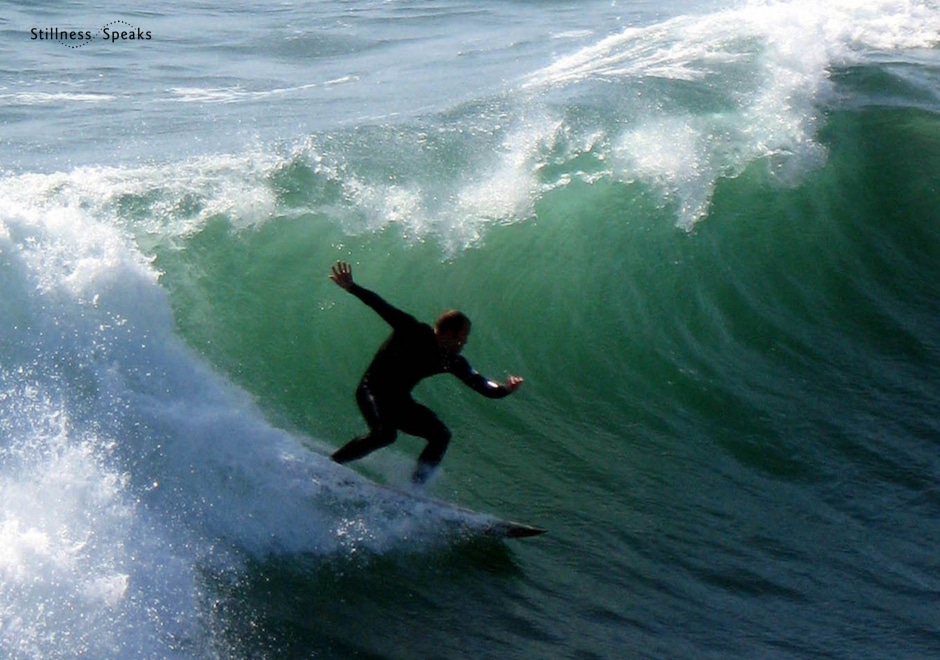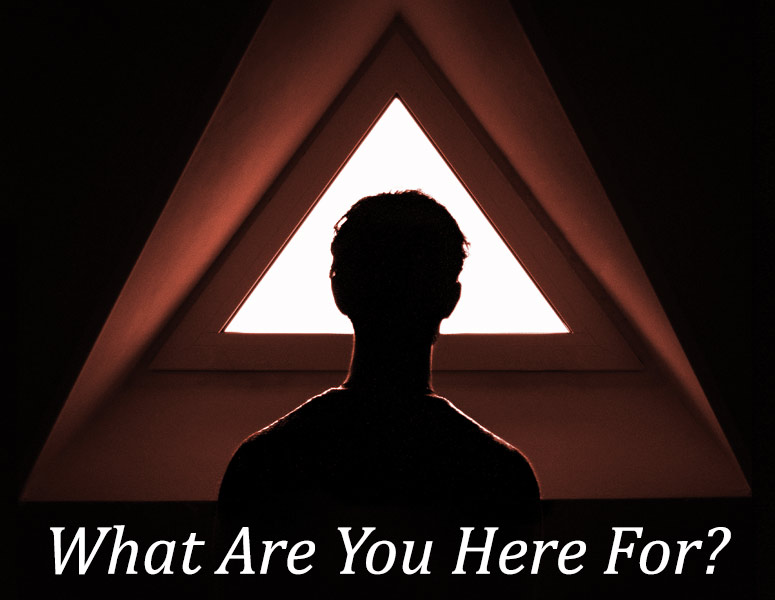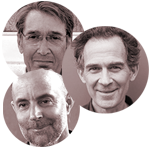“… Zen is almost nothing but communal …” … and offers … “… Lasting, positive character change, meaning less aversion and anger, less craving and clinging, more ease with the arising and passing of things as we live with less domination by self-centeredness …” ~ Henry Shukman
At the outset .. as we’ve said in several of our recent posts, Go Fund Me has organized various campaigns to help with the COVID-19 relief efforts. All of them are worthy endeavors … but for now we wanted to highlight TWO critical ones that I (Sanjiv) received via email and we donated personally and also as Stillness Speaks:
We are all facing financial challenges but if your situation allows you to donate and help then …
… please visit Frontline Responders Fund’s Go Fund Me page … and help deliver crucial supplies to these frontline responders …
… and/or visit America’s Food Fund Go Fund Me page and help feed the neighbors in need.
And, we again, express our deepest gratitude to a) the COVID-19 Frontline Responders (all the healthcare professionals – doctors, nurses, hospital/medical-services staff – firefighters, law enforcement, volunteers, and any/all the people involved in keeping the “system-at-large” functioning for ALL of us) … and b) Go Fund Me for organizing America’s Food Fund to feed the needy.
THANK YOU – our lives would not be possible without your dedication.
This 4-part series began with the Prologue (or part 1) – that sets the stage – from Henry Shukman’s newly released book Zen memoir: One Blade of Grass: finding the old road of the heart …
… and continued with part 2 and part 3 – excerpts from chapter Sweet Obedience – where Henry shares more of his personal stories and the deepening of his relationship with Zen, the value of koans, and how an authentic koan teacher can help with navigating spontaneous awakening experiences “… integrating the experience, and living it out in an ordinary life, in kindness, in concern not for self but for others.”
Before we continue, it is again worth acknowledging that currently, all our lives – across the planet – are deeply (even irrevocably?) impacted by COVID-19 … so we consciously temper these posts with the pandemic … and in that spirit we want to share a segment of Henry’s recent interview for the Albuquerque Journal North by Monica Gagnier. This segment is Henry’s response to her final question. The full article was published on Sunday April 19.
Question: Do you think the coronavirus will bring more people to a spiritual way of life, whatever that may be?
Henry: I surely hope that everything we experience will collectively bring us to wiser, kinder ways of living, not just individually, but as a whole society. We have obviously reached a point in the human story where the major challenges facing us are not nation-based; they are world- based.
The time for division is over. We have to come together to heal the grievous wounds
of this world and to cease creating more wounds. I doubt that coronavirus in itself can turn around our collectively heedless modern ways, but maybe it will give us all a little pause.I find my practice repeatedly calls me back to the uncertainty of things, and the pandemic has surely raised people’s awareness of uncertainty.
There is a zen koan where a master says: “Not knowing is most intimate.” Maybe feeling less certain can be a good thing, even if it is uncomfortable. Perhaps it can even be a gateway to a deeper way of living.
If you are a subscriber, you can read the full article on the Journal North website.
So, now we conclude our glimpse into this zen memoir … into finding the old road of the heart … with this part 4 – the entire Epilogue of Henry’s book – where he summarizes his journey through seven key insights that offer a very easily understandable (and relatable) essence of Zen …
SO IS “ENLIGHTENMENT” REAL? I’ve no idea, but:
Experiences wherein space and time disappear and all is revealed as one infinite consciousness; or as utterly without form and void; or where we ourselves vanish into empty sky; or where no trace of anything, including any witness, remains—real.
Experiences that leave indelible, beneficent changes in the psyche—real.
Becoming more filled with love, more concerned for others—real.
Lasting, positive character change, meaning less aversion and anger, less craving and clinging, more ease with the arising and passing of things as we live with less domination by self-centeredness—real.
Perhaps we can claim the personality can get just a little bit better through practice, that’s all: small improvements, but they’re enough.
SO WHAT’S IT ALL BEEN about?
First, maybe Peter Matthiessen was right about “early openings”: they can cause trouble. If a seed germinates and splits open, it had better have loam waiting for it.
Second, some of us are going to need other kinds of help, along with meditation: dream therapy, cognitive therapy, somatic work, yoga, whatever it may be. The more the different approaches understand and respect one another, the better.
Third, one common misunderstanding of meditation in the West is that it’s an individual undertaking. I fell for that, and fell foul of it. In fact it’s collaborative and relational, at least if you want to make real progress.
Fourth, while for some it may be helpful to find a live-in community that has adopted the customs, festivals, clothing, eating styles, and calendars of non-Western cultures, for many that is not what we need. There is no inherent incompatibility between Western culture and meditation practice. The core teachings need not be presented as exotic, since they aren’t; they are about the human mind, heart, and body.
Fifth, my teachers have not been Deepak Chopras or Eckhart Tolles, that is, spiritual voices who stand alone, apart from any lineage, for whom the establishment of formidable commercial empires has been part of the mission. Much as I personally appreciate those popular public teachers and their books, I’m grateful my own teachers aren’t like that. I was a lone wolf too long myself, snarling with distrust. That was part of the very problem. Considering that there are lineages of practitioners who have been studying human consciousness for millennia and passing on their findings, why not receive the wisdom of their cumulative experience? My life wasn’t “saved” by Zen, but by my teachers. They were the ones who had taken the trouble to submit themselves to Zen’s long, arduous training under their own masters so they would have something—the best thing—to offer others. And what that is doesn’t come independent of relationship. It is in a sense the core of relationship, and to present it as an isolated thing that we discover in an isolated way is to miss the most important point of all. Zen is almost nothing but communal.
Sixth, there is a process a human being can go through that results in an extinguishing of certain aspects of ordinary consciousness and leads to what is traditionally called “prajna wisdom” in Buddhism—wisdom that is “supreme” or, in another translation, “before knowing.” In other words, a wisdom that is not knowledge but rather a state of being. That “wisdom” should be something different from knowledge makes sense, since in this process knowledge is revealed as one of the very screens obscuring what the training uncovers. All that we know vanishes, is seen to have been a mirage, a smoke screen. Flexibility, a sense of support and love, a willingness to surrender one’s opinions, to be open to others as they are, a sense of deep freedom, of things having fallen into place, of being part of something unnameable yet vivid, and of being part of the family of humanity, of living beings, of all creation, which inspires one to be of service—all these are symptomatic of the shift. But it’s not a shift from one state to another; it’s more a shift from a state to a process, ongoing, ever new. Moksha, nirvana, epoche (the suspension of beliefs for the Greek philosophers), redemption, liberation, realization, great death, theosis (unifying with God), metanoia, awakening: perhaps these are different labels for similar portals.
Perhaps the “self” that spiritual traditions attempt to pacify, tame, or even annul is a kind of potential, the seed of a second growing up that a human being can go through. Through infancy, childhood, and adolescence we develop a self that functions in the world. There’s a first wiring of the neurology in the earliest years, then a second wiring in adolescence. In time, often around midlife, or sometimes earlier, we start to wonder whether our view of life is complete, if there could be more. While some may understand that kind of inquiry in theistic terms, perhaps what we are really doing is tasting the possibility of another stage of development, beyond self: not a metaphysical or cosmological excursion, but rather a deep incursion, into experience here and now. Some neuroscientists speak of a third wiring of the brain, an optional one, a shift that the great wisdom traditions foster. In my case, since my teens I’d been picking up the scent of a trail that might lead to this shift, alternately following then balking at it. Finally I was ready, and fell in with good guides, and with their help stumbled to the brink of an abyss, to a point of no return where there was only one way to go.
Seventh, since that moment, life has been different. More peace, love, joy. More grief too, when appropriate, which I take to be healthy. I don’t want to sound beatific or saccharine, and for sure there are still bouts of anxiety and irritation, but they are much rarer and briefer, and bite less deeply. The Buddhist notion that we already contain the seed of “Buddhahood” seems plausible now. However one may understand a term like that, it surely denotes an inbuilt capacity for compassion, peace, love, energy.
On that score alone, as a guided path of meditation training, Zen can surely help.
Lastly, my assumption all through training was that Zen does specially address the kind of experience I’d had at nineteen on the beach. That was both true and not true. Zen deals with whatever a person brings. Bring that kind of experience and it will deal with it. Bring something else and it will deal with that too. Zen actually has no agenda, no content.
Can there be a serious, viable human activity that has no agenda? It sounds like nonsense. Except for this: the world of the masters is one in which all is as it is. Western logic is founded on the “dilemma”: a thing either is or is not. No thing can be both A and not A. India, by contrast, came up with the “tetralemma”: a thing either is; or is not; or both is and isn’t; or neither is nor isn’t. This same formulation is actually found in the teachings of the Greek skeptic philosopher Pyrrho, who traveled to India with Alexander the Great in the fourth century B.C.E. Pyrrho said, “We should say of every thing that it no more is than it is not, or it both is and is not, or it neither is nor is not.”
He may have picked up this formulation on his travels, during which he met with “naked philosophers” on the banks of the Indus: most likely wandering Buddhist ascetics.
It means that we can’t hold any views at all. We can’t even hold the view that we can have no views. Plato said, “Destroy all hypotheses,” which sounds similar, except that he held to that view, and in time it would become a dogma of the Athenian Academy.
In a way, Buddhist training brought me back to my old love of the Greeks and their pursuit of eudaimonia, or true well-being. Scholars such as Thomas McEvilley and Adrian Kuzminski have shown that the old divide between East and West, separating the ancient wisdom of Asia and Greece, was never as solid as we used to believe. There was much confluence and mutual contact during the sixth century B.C.E., when both Greece and India were parts of the Persian Empire. There is textual evidence that the satraps and princes set up a large lodge in Babylon for “visiting fellows” drawn from across their empire, who would come for two-year stays. Poets, physicians, and philosophers were their chief interest. It’s possible that cross-cultural interactions at these stays ignited the pre-Socratic philosophical revolution on the Aegean isles.
Zen is soteriological. It therefore must be conceded to have an agenda of sorts. It seeks in some way to “save” us, if only by relieving us of the baggage of our assumptions and preconceptions. But it saves us not from malign superhuman forces, nor into the arms of a heavenly being, but simply from ourselves. Its tagline might be: “How to get saved from yourself.” It seeks to free us from a mistaken perspective generated by a misunderstanding about our sense of self: namely, that it’s a thing, that me is a fixed entity. On the other hand, it doesn’t seek to replace wrong views with right ones. Rather, it seeks to free us of all views. Therefore it is valid to say it has no agenda.
I grew up in a time of dark-clad men on the sidelines of school life who were paid to remind us that unless we believed their messages of blood, capital punishment, maleficent Jews, and cannibalistic rites, we were going to burn forever. These days it seems unfair, even cruel, to heap so much guilt into young hearts. For my first decades I already lived in the fires of hell, one stoked from within my own body, which blistered and fissured in my skin. Hell was already here, as an eczema sufferer. Unless I acquiesced to the schoolmen’s dogmas, I would never get out of it.
Then grace fell on me. Without agreeing to believe in anything, on a beach far from home, I found Gensha’s one bright pearl. It took years to meet someone who recognized that I had, and who knew a way to make it more than a passing glimpse. My Zen teachers led me right back to here and now. Except to a new kind of here and now, one that didn’t belong to me, but rather to which I belonged.
So it is true that Zen has no agenda. Were it to have either agenda or content, it would be violating its own freedom.
Yet that innate and infinite freedom is not Zen’s. It’s not anyone’s or anything’s. It belongs to no one, never has and never will. It doesn’t even belong to us. But it’s ours to find.
~ Henry Shukman
When this book was in it’s “final stages of writing (e.g., title was still in flux),” Chris (Hebard) had a conversation with Henry about it, which was recorded and published on our YouTube channel in 2018 … here’s that video for yet another perspective on “… finding the old road of the heart …”
This concludes our 4-part series on Henry’s new book: One blade of Grass … in case you missed the earlier parts, here’s Part 1 .. and Part 2 … and Part 3.
All italicized text above (except for the block-quoted parts and the parts in braces) is from One Blade of Grass: finding the old road of the heart by Henry Shukman and is published here with his generous permission.
